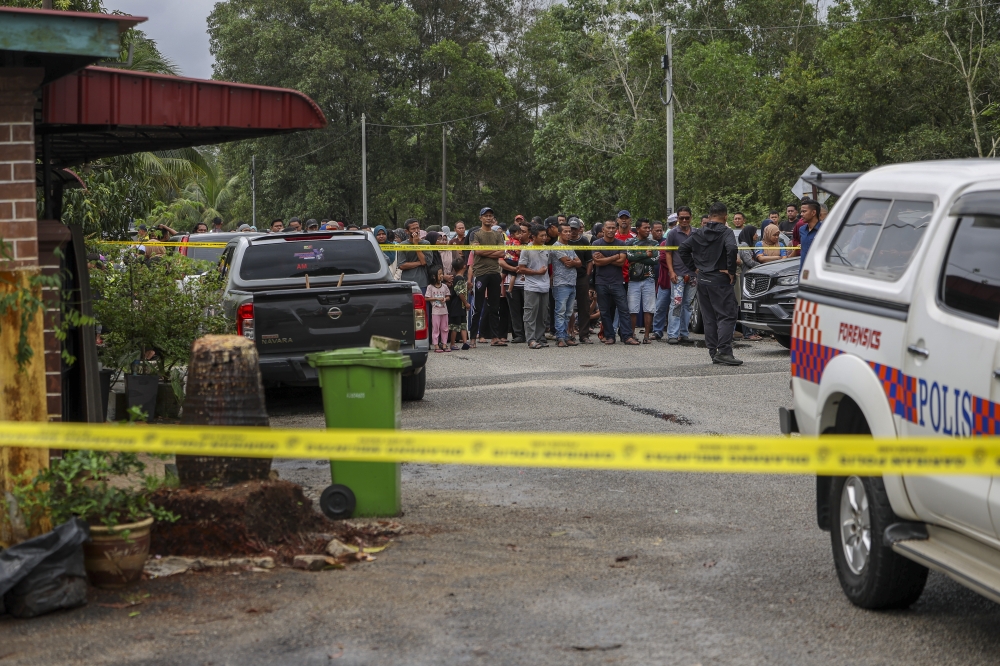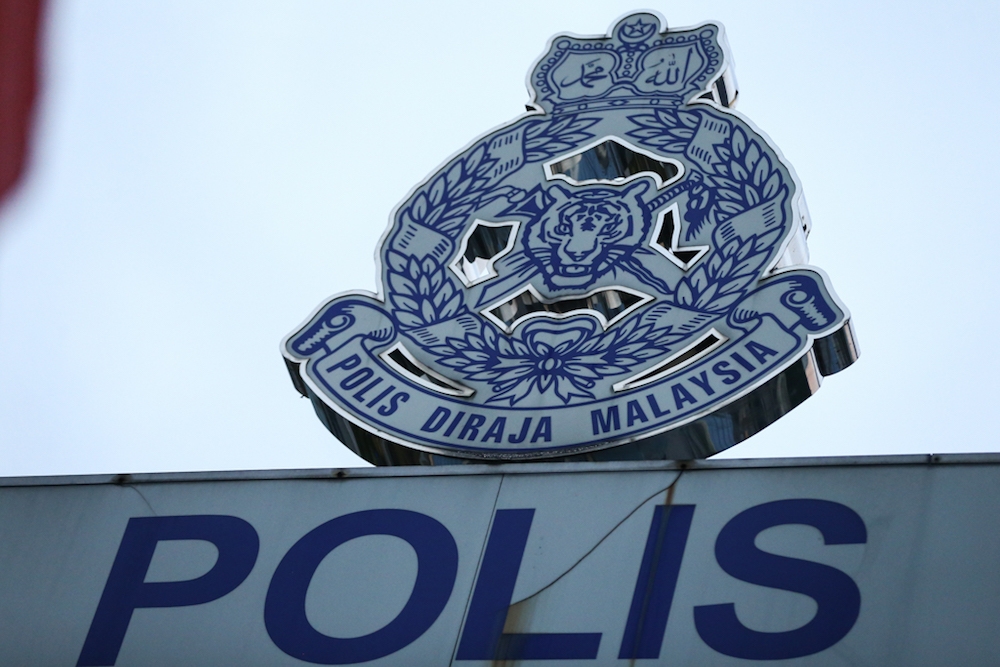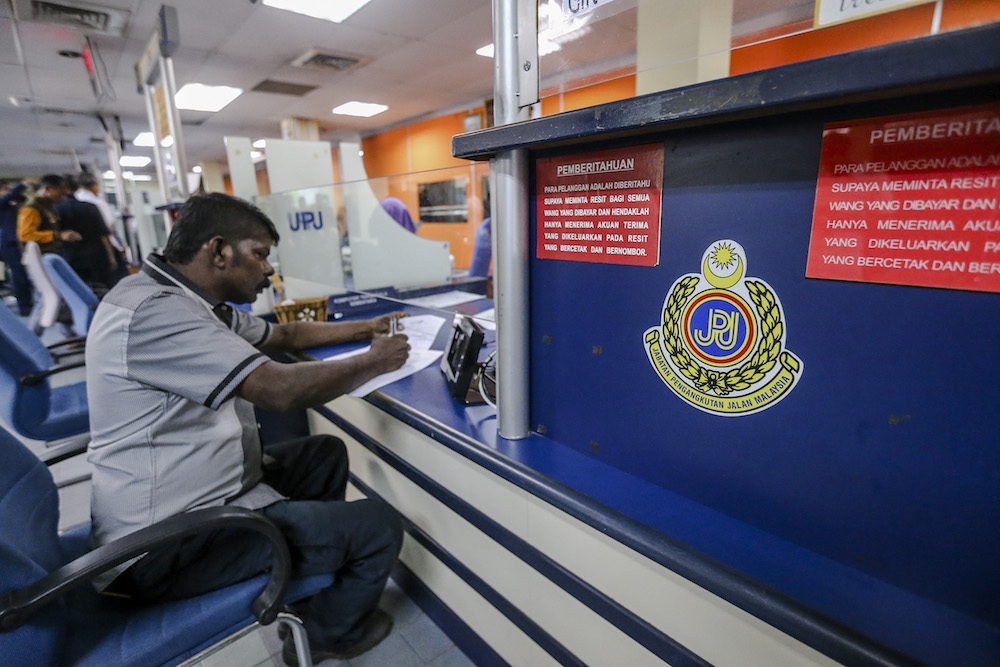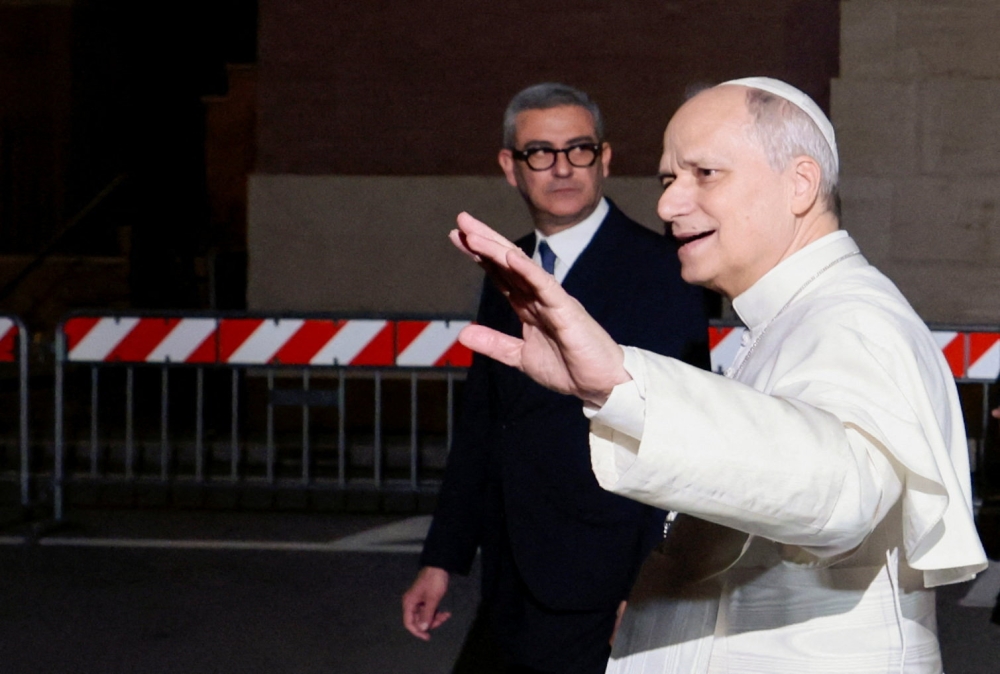LONDON, Oct 1 ― A 24-hour walkout by railway staff in Britain on Saturday was set to create severe disruption as strikes resumed following the mourning period for Queen Elizabeth II.
Members of four trade unions kicked off the action after workers halted work stoppages following the death of the queen on September 8.
It is the latest industrial action by rail workers demanding wage increases to keep pace with decades-high inflation amid a cost-of-living crisis.
Tens of thousands of staff in various industries ― from the postal and legal systems to ports and telecommunications ― have also gone on strike across Britain since the summer.
Workers at Britain’s largest container port, Felixstowe in eastern England, are currently conducting a second eight-day walkout over pay and conditions that is only set to end on Wednesday.
But it is the rail sector that has been spearheading the industrial unrest, carrying out its biggest stoppages in decades.
The latest had been planned for the week after the queen’s death, but was then postponed. Many rail workers are also set to strike again on Wednesday, and on other potential dates later in the month.
This weekend’s walkout coincides with preparations for Sunday’s London Marathon, leaving participants struggling to reach the capital, as well as the ruling Conservatives’ annual conference in Birmingham also starting Sunday.
Mick Lynch, general secretary of the Rail, Maritime and Transport union, apologised to people impacted but blamed the government.
“The government has brought this dispute on,” he told the BBC, as he joined other striking staff on picket lines across the country.
“They (put) the challenges down to us, to cut our jobs, to cut our pensions and to cut our wages against inflation.”
But Tim Shoveller of Network Rail, which owns and manages Britain’s railway infrastructure, described the strikes as a “huge own goal” leading to “less money to spend improving the railway”. ― AFP






















